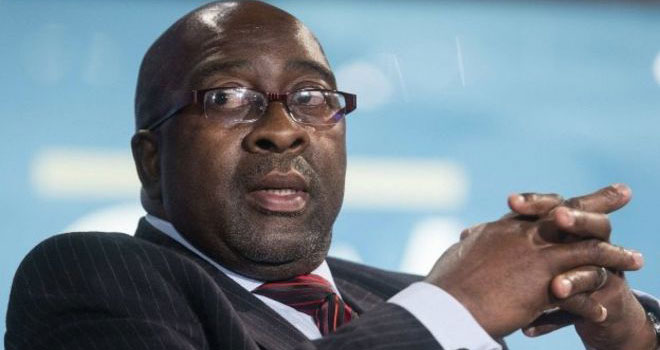The Minister of Finance intends introducing the Insurance Bill, 2015 in the National Assembly shortly. The Bill seeks to promote the maintenance of a fair, safe and stable insurance market by establishing a legal framework for insurers and insurance groups that:
- facilitates the monitoring and preserving of the safety and soundness of insurers;
- enhances the protection of policyholders and potential policyholders;
- increases access to insurance for all South Africans;
- contributes to the stability of the financial system in general.
At the heart of all of this, for advisers, lies the changes required to professionalise the provision of financial advice in order to protect clients.
A similar process is taking place in Australia. A recent survey by RaboDirect showed that the attitude of consumers to financial advisers differ vastly from the situation in South Africa.
- More than half of Australians believe financial planners are expensive and that financial institutions are biased toward their own products.
- 39 per cent of Australians find financial planning daunting.
- 22 per cent said they do not need a financial planner and can get good advice from friends and family (sitting ducks for Ponzi scheme operators).
- 48 per cent said educational standards for advisers should be higher.
- Only 14 per cent of respondents said they would speak to a financial planner or accountant to help them stick to a budget.
The reasons for these attitudes stem mainly from the way in which banks dominated the industry in Australia, and often alienated consumers. Steps are now under way to improve professional standards for advisers to bring the industry onto a “similar footing” with other professions.
In her first major speech to the financial services industry, Assistant Treasurer and Minister for Small Business, Kelly O’Dwyer, outlined a “financial system program”, which is aimed at raising professional, ethical and education standards for advisers and product providers which, in turn, will ensure consumers “receive fair treatment”.
“These higher standards will place financial advice on a similar footing to other professions and, in doing so, increase consumer trust and confidence in the sector,” Ms O’Dwyer said.
“Subject to transitional arrangements, advisers will be required to hold a degree, pass an exam, undertake continuous professional development, subscribe to a code of ethics and undertake a professional year before they can advise clients.”
From the above, it is evident that, at least in this respect, we are way ahead of the Aussies.
My own view, after nearly 40 years in the industry, is that the relationship between advisers and their clients are substantially healthier than those prevailing in Australia.
To the best of my knowledge, no formal survey has ever been conducted amongst South African customers to test their attitude to providers of financial advice and products. Vast amounts of research had been conducted to establish regulatory practices elsewhere in the world, but great care needs to be taken when assessing the applicability of the results, given that our situation varies greatly from those prevailing in other countries.
Metropolitan conducted an interesting survey in 2014, testing client expectations in terms of treating customers fairly. Please click here to read our article titled Consumer Expectations from TCF which was published on 10 April 2014. The results confirm the point made above that client expectations will vary depending on the market segment they find themselves in.
Another interesting aspect concerns company perceptions versus those held by clients.
The FSB also found it interesting to compare these “demand side” findings with the “supply side” findings reflected in the (FSB’s) TCF Baseline Study feedback report. It is interesting to note, for example, that the customers surveyed by Metropolitan scored insurers lowest on the communication dimension, whereas the self-assessed view from insurers participating in the TCF Baseline is that communication is one of the TCF Outcomes they are most successful at (although the FSB appreciates that the samples of insurers considered in the two surveys differ).
Conducting a survey on client expectations of product houses and financial advisers is a daunting task, yet is probably an ideal way of demonstrating your commitment to TCF.
The concluding remark in a summary of the survey, published in the FSB’s second quarter Bulletin in 2014, is very relevant to our situation today:
“…it is important to apply the formal expressions of TCF but it is equally important to obtain the consumers’ view of what matters to them in terms of fairness, and to align the two.”



